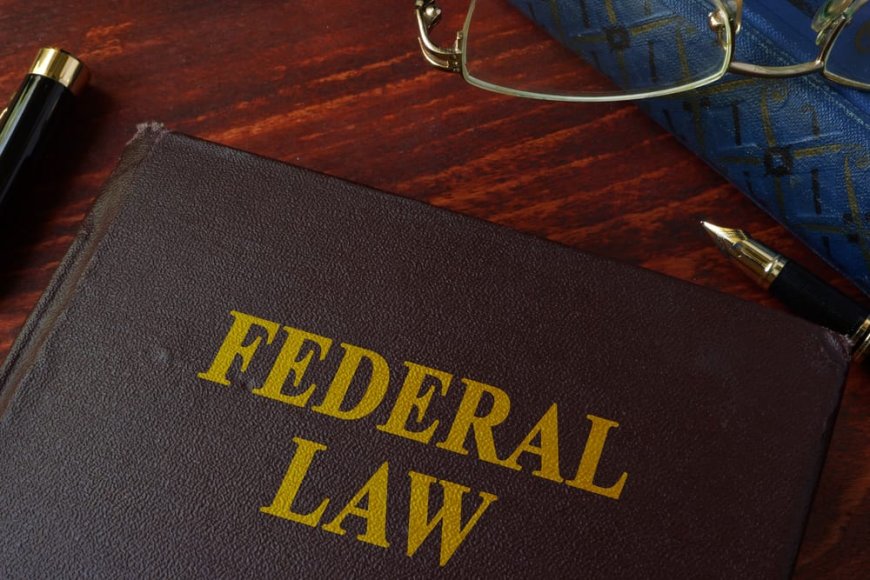Trump Expands Federal Law Enforcement Intervention to Major Democratic Cities
President Trump announced plans to extend federal law enforcement operations to Democratic-led cities including New York, Chicago, and Baltimore, sparking debate on federal overreach and local policing.

In a significant escalation of federal involvement in local policing, President Donald Trump announced plans to extend law enforcement operations beyond Washington, D.C., targeting prominent Democratic-led cities including New York City, Chicago, and Baltimore. This expansion aims to address rising crime rates, but it has also sparked intense debate over federal overreach and local autonomy.
Background: Federal Law Enforcement in Washington, D.C.
Earlier this year, Trump authorized the deployment of National Guard and federal agents to Washington, D.C., citing escalating violent crime and unrest. The intervention was controversial, with critics arguing that the federal government was undermining local governance and policing strategies. Supporters, however, praised the move as necessary to restore order and public safety.
Expanding the Approach: New York, Chicago, and Baltimore in the Crosshairs
In recent public remarks, President Trump indicated that the model used in D.C. would now be applied to other cities that have struggled with surges in violent crime and drug-related offenses. New York City’s Mayor Eric Adams, Chicago’s Mayor Brandon Johnson, and Baltimore’s Mayor Brandon Scott—each elected under Democratic banners—have expressed concerns about the federal government’s expanding footprint.
Officials in these cities argue that the increased federal presence risks escalating tensions and could erode community trust in local law enforcement. The mayors have pushed back against what they view as politically motivated interventions that fail to address the underlying socioeconomic factors contributing to crime.
Federal Perspective: A Law-and-Order Priority
The Trump administration frames the expanded deployment as a critical step to combat violent crime waves that local authorities have struggled to control. A senior White House official stated that federal agents will work alongside local police to target drug trafficking, gang violence, and organized crime, with an emphasis on “restoring safety to our streets.”
Federal law enforcement resources being mobilized include personnel from the Federal Bureau of Investigation (FBI), the Drug Enforcement Administration (DEA), and the Bureau of Alcohol, Tobacco, Firearms and Explosives (ATF). These agencies will coordinate efforts in intelligence gathering, arrests, and prosecutions.
Public Reaction and Political Implications
The move has ignited a partisan divide. Republicans generally support stronger federal involvement in urban crime, arguing local governments have failed their communities. Democrats warn of dangerous federal overreach that could lead to civil rights violations and strain community-police relations.
Civil rights groups have voiced concerns about the potential for militarization of police forces and the impact on marginalized communities. Meanwhile, some community activists demand a focus on social programs and preventative measures rather than increased policing.
Historical Context and Legal Considerations
The tension between federal and local law enforcement is not new. The 1994 Crime Bill and subsequent federal initiatives in the 1990s and 2000s included similar efforts to deploy federal resources in cities with high crime rates. However, recent years have seen increasing calls to reduce federal policing and emphasize community-based strategies.
Legal experts caution that the administration must navigate complex jurisdictional issues and respect constitutional limits on federal authority over municipal law enforcement.
What’s Next?
As federal forces prepare to expand their presence, local leaders are expected to engage in negotiations with the federal government over the scope and terms of cooperation. The unfolding developments will likely shape the national debate on crime policy ahead of upcoming elections.









